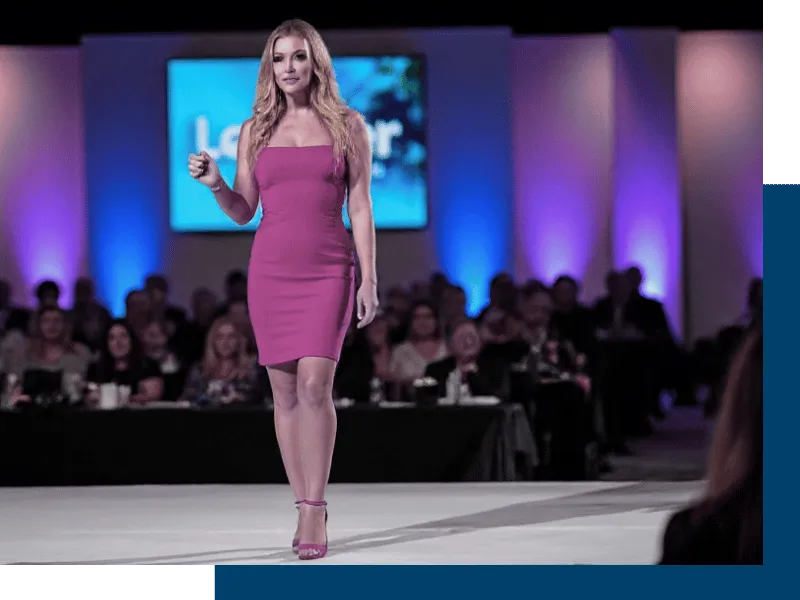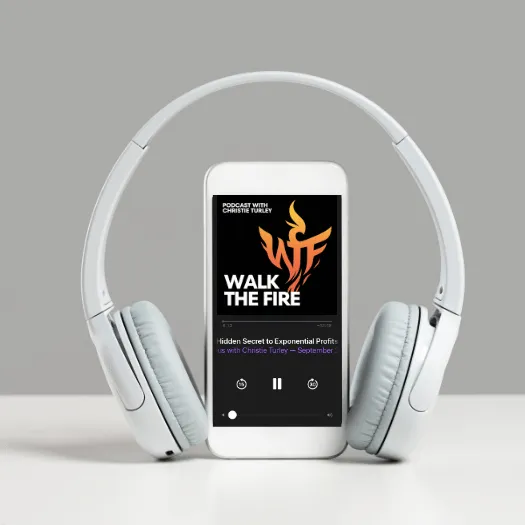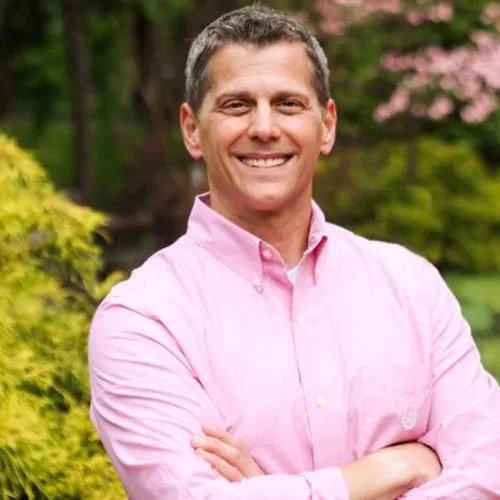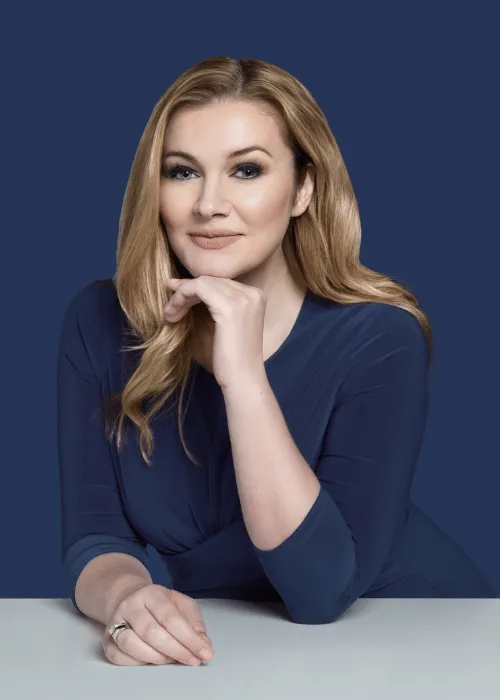Featured In:


I help 7-Figure and 8-Figure Businesses scale & Plan to Exit.

Scale Your Business.
Find the 1% change that boosts the other 99% of your business
Christie's firm has sold over $3 billion dollars of products and services for her clients - and are experts at creating stories and narratives that get results and win customers' hearts. It’s NOT about creating more content. Instead, it’s about leveraging assets and efforts... and pushing it to its extreme with simplicity.

Build a Platform.
Instead of being asked “What do you do?” they will say, “I have been following your work.”
Are you positioned powerfully for any room you walk into? For nearly 20 years, Vibe Tribe Interactive has ghost-advised behind the scenes of 6-, 7- and 8-figure launches, bestselling books, and inner circles of Tony Robbins, Deepak Chopra, Oprah’s Network, Arianna Huffington, Hay House, Wiley Publishing, and more.

Plan to Exit.
Sell your business for maximum value when you're ready.
The ultimate exit strategy involves preparing your business for sale. With the right operating systems, strong leadership team, and strategic positioning, you'll maximize valuation and ensure a confidential, smooth transition that preserves your legacy.
Host, Walk the Fire Podcast
On the Walk the Fire podcast, entrepreneurs and executives get real about their Walk the Fire (WTF) moments, what burned away, and how it defined their next chapters.
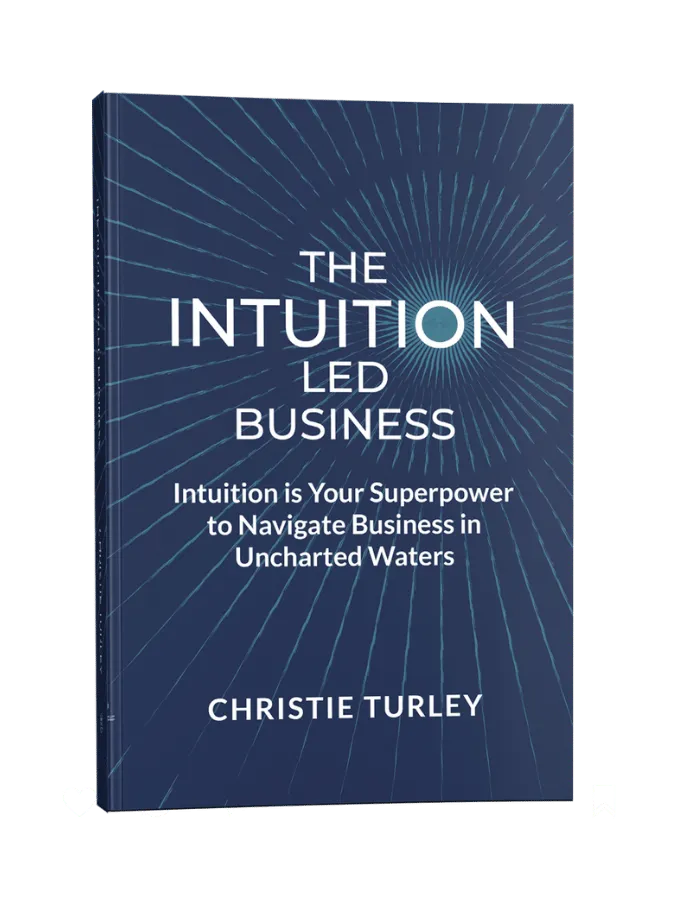
Author, The Intuition-Led Business
Speed Up Business Growth by Slowing Down & Tuning In
The Intuition-Led Business is a book that helps leaders blend intuition with strategy to break free from limiting beliefs and make fearless decisions.



